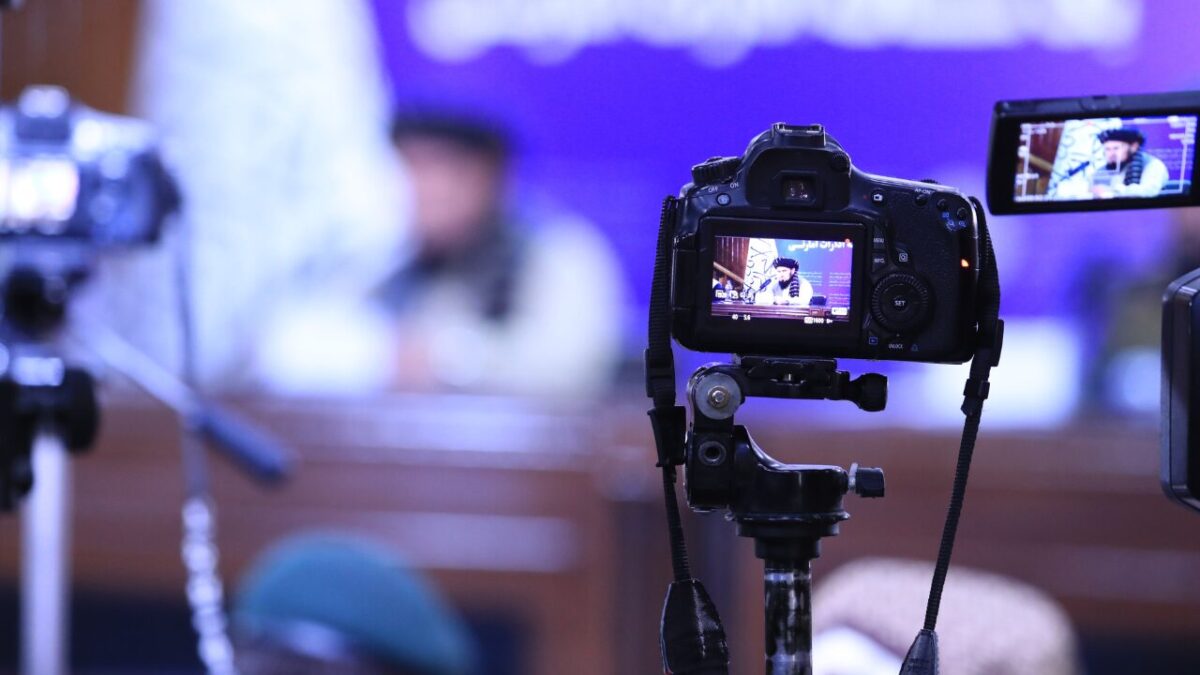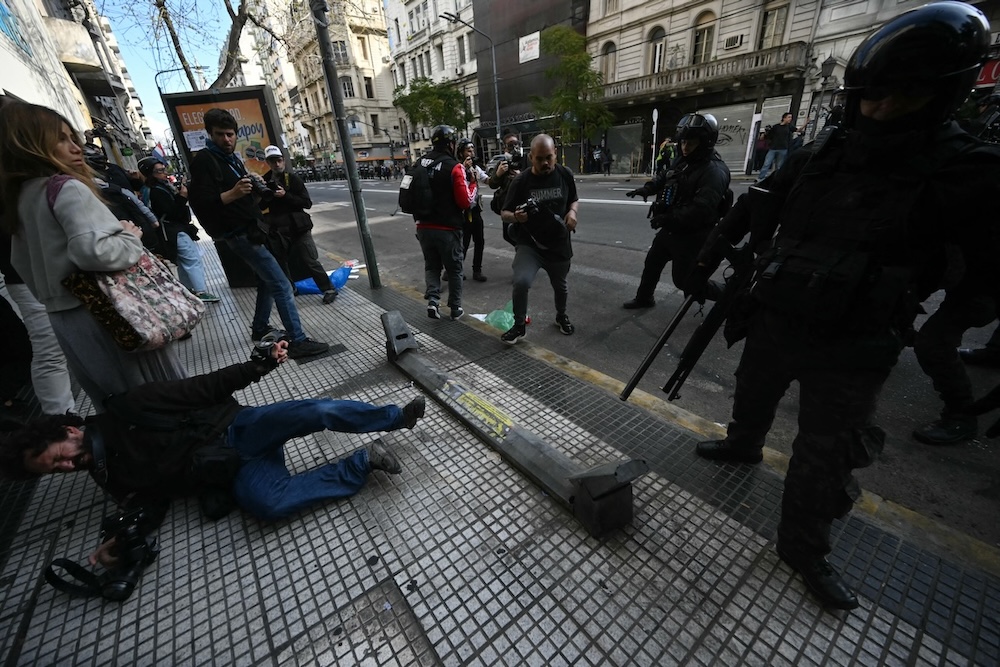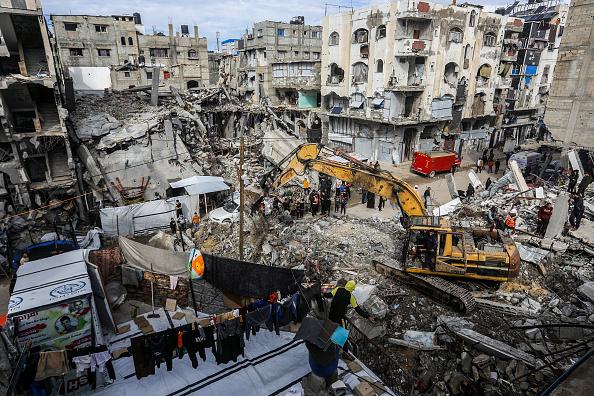
Taliban Repurpose Forced “Confessions” of Afghan Journalists for Online Intimidation
November 6, 2025
Legal Gag Order Threatens Press Freedom in Argentina
November 6, 2025November 06, 2025 – Turkey –
Two recent reports from Turkish press-rights groups show the growing threats facing journalists across the country. The Dicle Fırat Journalists Association (DFG) published its October 2025 findings outlining a sharp surge in violations against reporters, while the Mesopotamia Women Journalists Association (MKG) focused on the distinct attacks targeting women in media.
The DFG report revealed that during October, at least one journalist was killed, five were assaulted, seven were detained, and two were arrested. Additionally, access to 628 social media posts was blocked, and a trusteeship was imposed on a media outlet. The association described the month as indicative of a “dark turning point” for freedom of expression in Turkey. It pledged to continue championing “peace journalism,” defined as reporting grounded in democratic resolution and social conscience, despite mounting repression.
Meanwhile, the MKG report documents heightened censorship against female reporters. In October, women journalists faced increased harassment, including physical attacks, legal investigations, trial proceedings, and enforced bans from digital platforms. The report emphasised how gender-based identity and profession combine to heighten their vulnerability in a media ecosystem already under pressure.
Together, these findings paint a worrying picture: journalism in Turkey is being squeezed on multiple fronts—legal, digital, and gender-specific. While the DFG points to broad institutional repression, the MKG highlights how women journalists are targeted in ways that reinforce marginalisation and silence. The dual reports suggest that even as some sectors seek to maintain independent, critical coverage, the environment for doing so is becoming increasingly hostile.
Both associations called for concrete reforms. They urge that the appointment of trusteeships, the blocking of online content, and legally unsupported detentions must be reversed. They also emphasised the need for safeguards tailored to women journalists, including protection mechanisms and transparent proceedings against digital and physical intimidation. Until such steps are taken, the groups warn that reporting will continue under threat and the public’s access to independent journalism may shrink further.
Reference –




